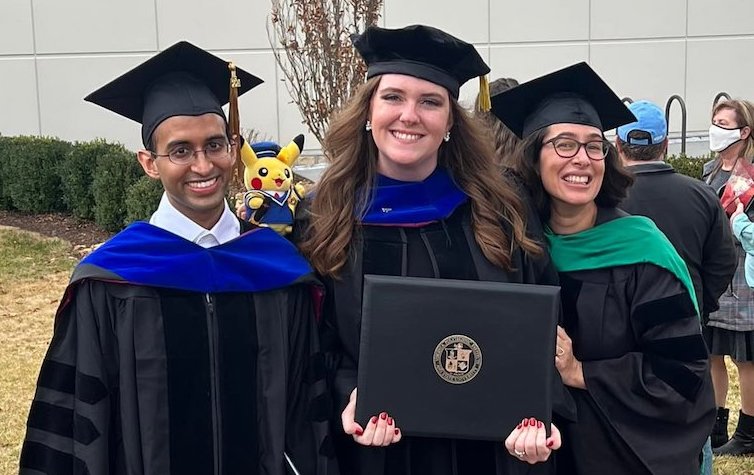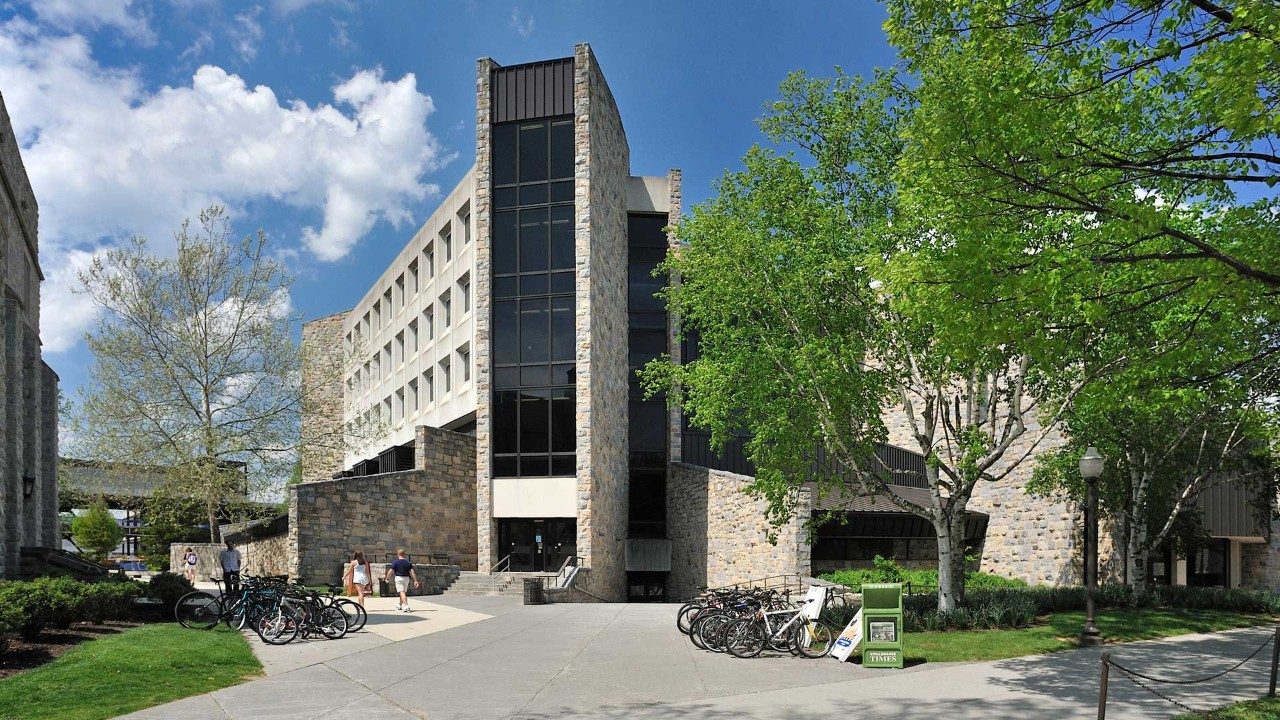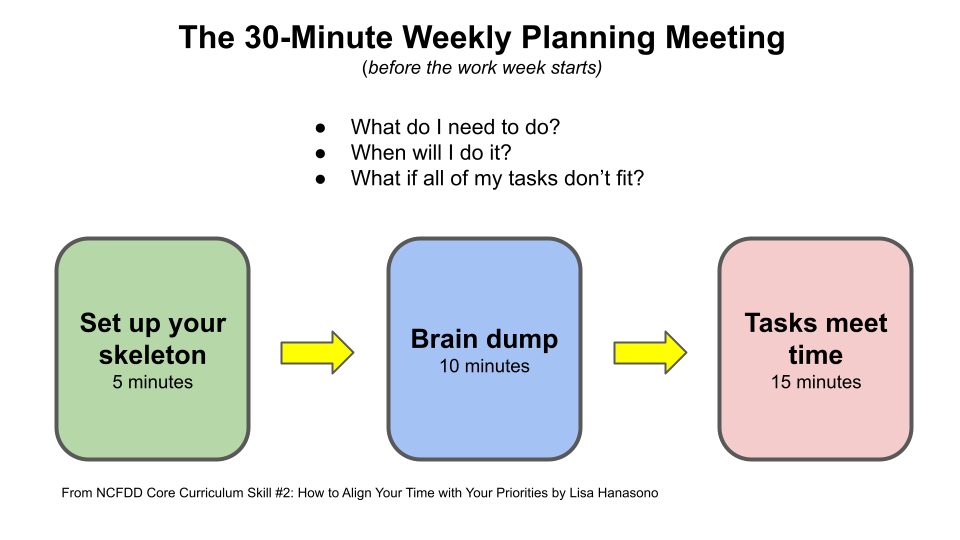In 2009, the US Council of Graduate Schools in Washington DC reported survey results showing that 65% of the 1,856 doctoral students who responded identified mentoring or advising as a main factor in PhD completion.
Kearns, H., & Gardiner, M. (2011). The care and maintenance of your adviser. Nature, 469(7331), 570-570.

I can personally attest to just how essential my adviser was in completing my PhD. Without his unfailing support, guidance, and extraordinary patience (seriously, extraordinary), I honestly would not have finished. In my second year of the PhD program, I found out I was pregnant. My daughter was born the following August before my third year. That year, all I could focus on was surviving. I was unable to do meaningful research. Quite frankly, I could not see a future in which I completed, let alone actually began writing, my dissertation.
My adviser worked tirelessly to help me gain traction in my research. In the fall of my final year, we identified a direction that was likely enough to produce dissertation-worthy results that allowed me to pass my oral exam. I spent the next few months trying to produce those results – results that I didn’t have pinned down until Spring Break of my final semester!!
There were two things that ultimately saved me, allowing me to finish my dissertation and successfully defend in just 6 weeks. (I want to emphasize that I do not recommend trying out this accelerated timeline, though. Terrrrrrible idea.)
#1 – I had written up pieces of my findings (not knowing whether they would later be useful or relevant) as I found them.
Even if I could not see how a result or idea I was thinking about would ultimately be relevant to my dissertation, I typed it up in LaTeX. I used an organized folder system to store away my ideas so that I could easily find them later, if needed. This also helped me really pin down my understanding and made me aware of important issues or questions that I needed to bring up in my next research meeting.
I’ll add that I made the mistake of not writing things up along the way when I was working on my masters thesis. When it came time to write my thesis, it was a very overwhelming process–add in the time I spent researching LaTeX syntax for presenting my work properly, and it was less than ideal.
#2 – My adviser was willing and able to provide detailed feedback on my writing in an extremely timely fashion.
I was very lucky to have an adviser who was willing to join me in my efforts to furiously finish my dissertation. In retrospect, it is completely unreasonable to have ever expected him to accommodate my requests for rapid feedback amidst his already overextended, very busy schedule. Simply put, I got very lucky. But, this raises a very important point…
My success was contingent on (1) my direct and specific requests for feedback and (2) my adviser being able to make time to provide me with that feedback.
As graduate students, we are just as much (if not more) responsible for our advising relationship as our adviser is. If we have expectations that are not being met, we should first ask ourselves whether we have communicated these expectations clearly. How direct and specific have we been about what we need? And, are the things that we need fair to ask of our adviser? If we need their feedback or help, how far in advance are we asking for it relative to our deadlines? How apprised of our struggles are we keeping our adviser?




One thought on “Navigating Your Relationship With Your Adviser”
Comment:
Thank you for sharing your insightful experience on the importance of navigating
the relationship with your adviser. It’s truly inspiring to see how your adviser’s support and guidance played a crucial role
in your PhD completion. I appreciate the practical tips you’ve shared, such as writing up pieces of findings as they
come along and maintaining open communication with your adviser.
Your point about graduate students being responsible for their advising
relationship is well taken. It’s important for us to communicate our expectations clearly and ensure they
are fair to our advisers. I will definitely check out the article on navigating the relationship with an adviser.
Thanks again for this valuable post.
Best regards,
Traci